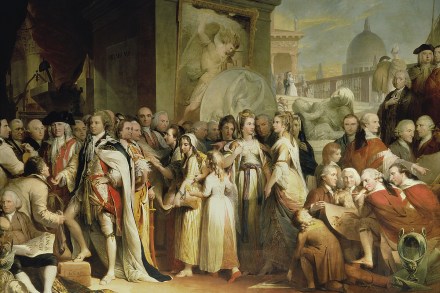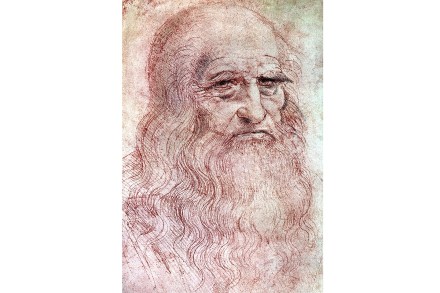Science and philanthropy meet in the Royal Society of Arts
More from BooksWhat does Jony Ive, the designer of Apple’s iPhone, have in common with Peter Perez Burdett, the first Englishman to produce aquatints, and Ann Williams, a postmistress who bred silkworms at her home in 18th-century Gravesend? The answer is that they all received awards from the institution known today as the Royal Society of Arts.






























